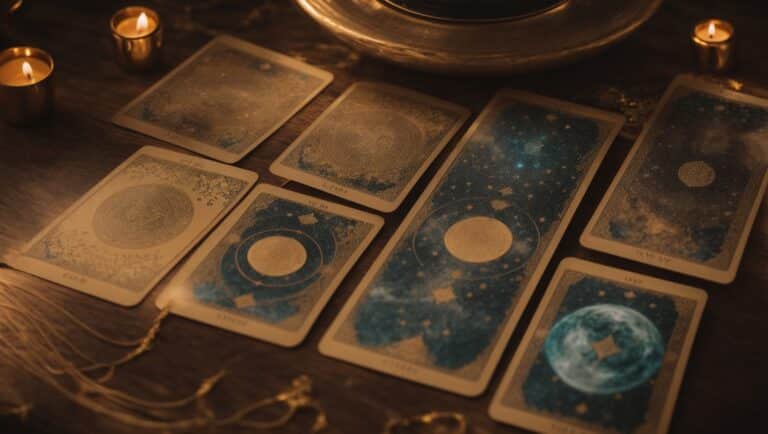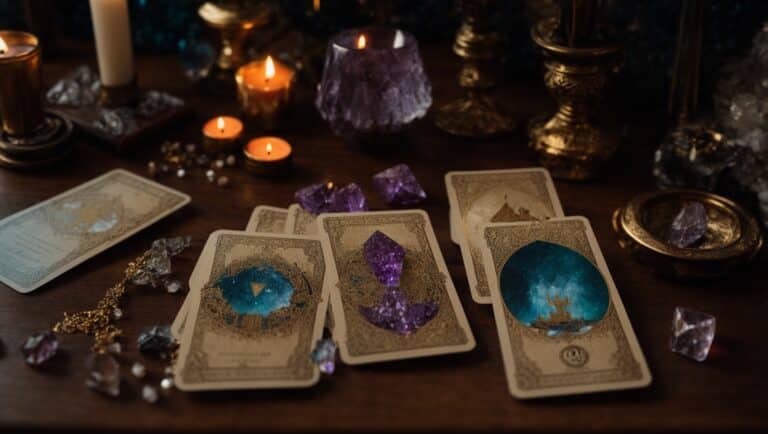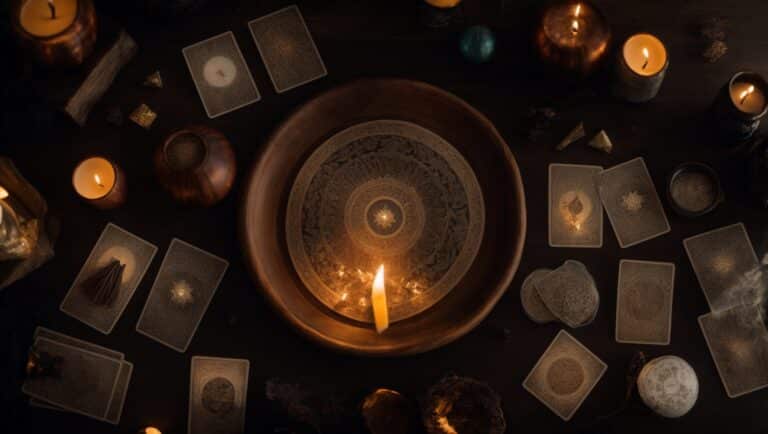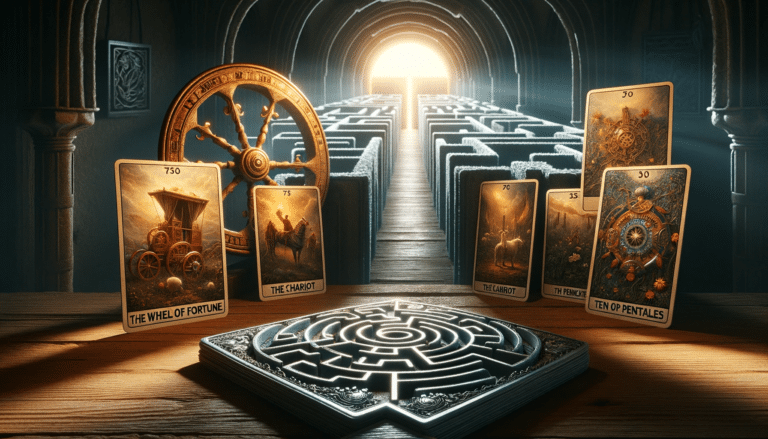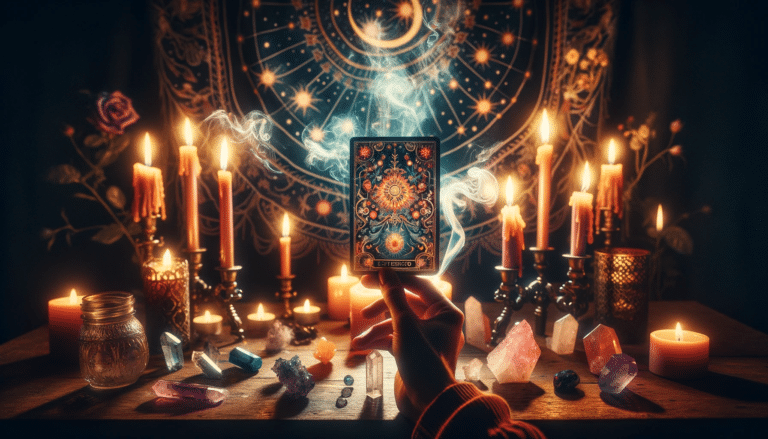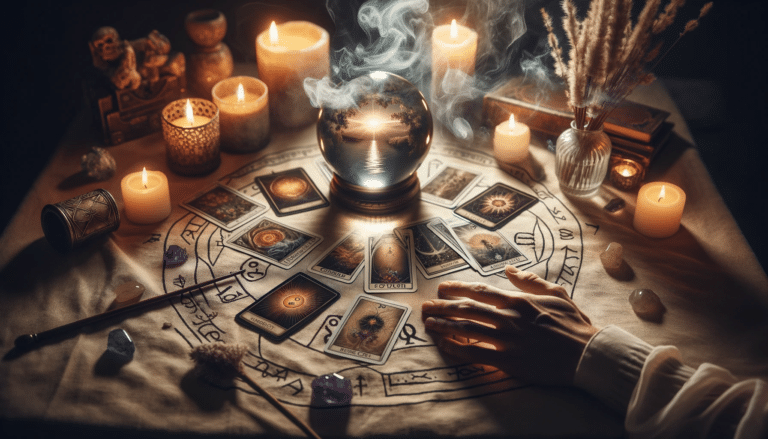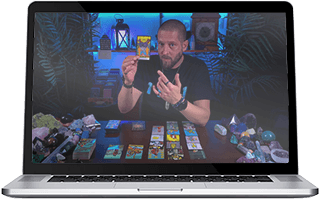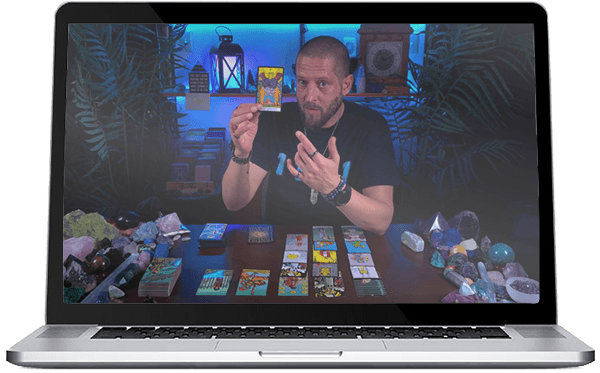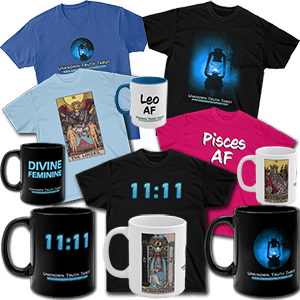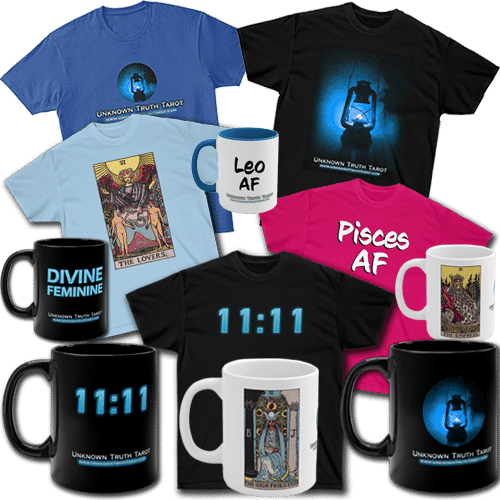Tracing The History of Tarot Card Meanings – 3 Best Resources
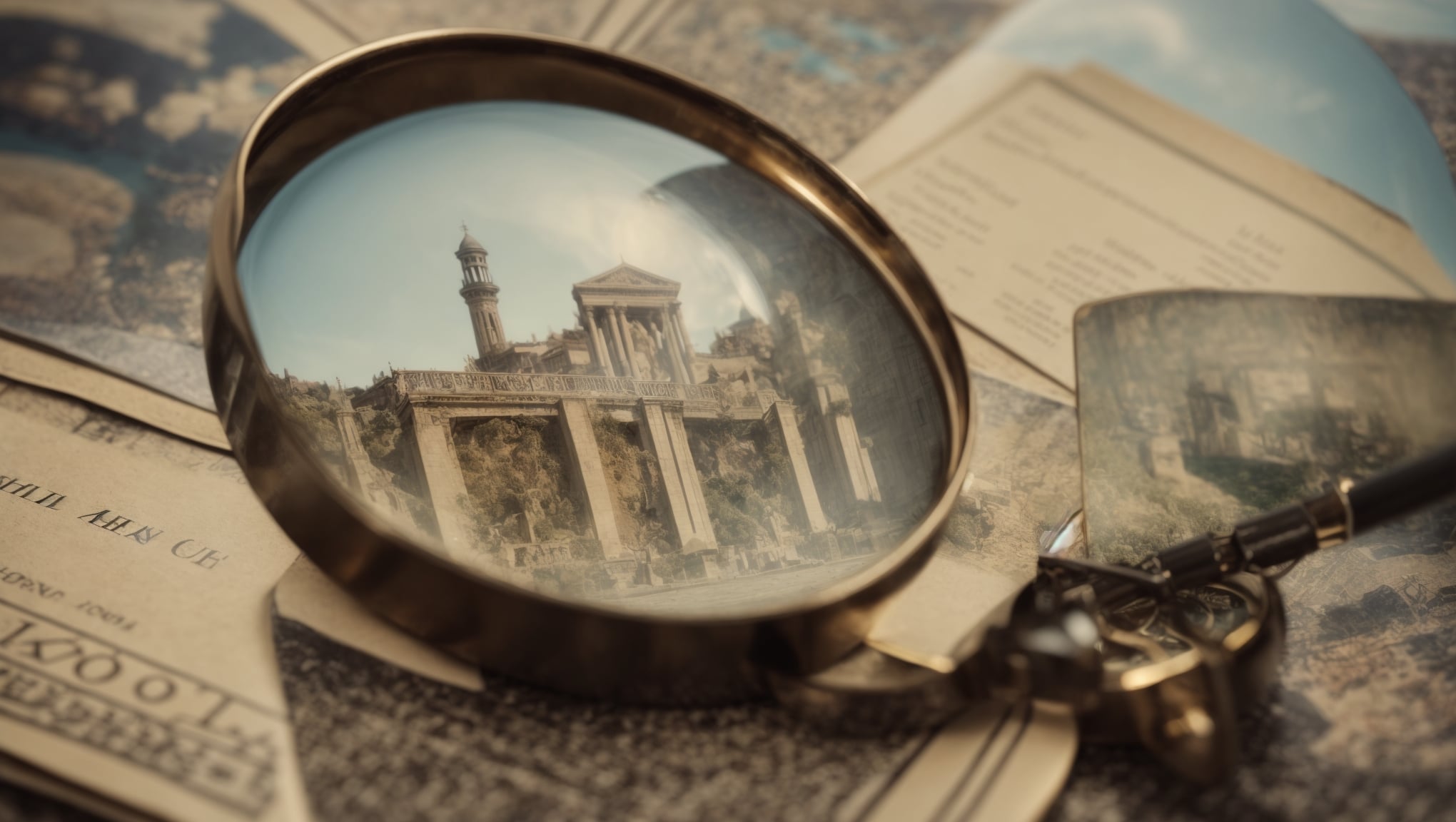
Did you know 78% of tarot enthusiasts don’t know the origins of card meanings?
This article will guide you to the top three resources for the history of tarot card meanings and interpretation. You’ll uncover the evolution of tarot meanings, enriching your readings.
So, let’s dive into the intriguing world of tarot history together!
Key Takeaways
- Tarot card meanings have evolved over time, starting as a game for nobility in Italy and later being used for divination and personal growth.
- The interpretation of tarot cards is influenced by cultural and societal attitudes, with shifts in scientific rationalism and modern spiritual movements shaping contemporary meanings.
- Reliable sources, such as ‘The Encyclopedia of Tarot’ by Stuart R. Kaplan and institutions like the British Museum and the Bibliothèque Nationale de France, are important for studying the history of tarot card meanings.
- Online forums, academic databases, and podcasts provide additional resources for exploring the history and cultural contexts of tarot.
Unveiling Tarot Card Meanings Origins

Now, let’s dive into the fascinating origins of tarot card meanings. Imagine yourself back in the mid-15th century in Italy. Tarot cards weren’t used for divination yet; they were initially a game for nobility, similar to bridge. The meanings we know today didn’t start to evolve until the 18th century.
Fast forward to France, where Antoine Court de Gebelin, a free mason, claimed Tarot had Egyptian origins. He suggested that each card held deep, symbolic meanings within its imagery. From there, it didn’t take long for occultists to adopt tarot as a tool for divination.
You might wonder why these meanings have changed over time. Well, it’s because tarot readings are subjective and depend on the reader’s interpretation. There’s no universal interpretation for each card; instead, they’re influenced by the reader’s intuition, the question asked, and even the surrounding cards in a spread.
Check out our Tarot Decks & Oracle Cards here…
Evolution of Tarot Card Interpretation

Over the centuries, you’ve seen tarot card interpretations undergo a significant transformation, reflecting the shifting cultural and societal attitudes of their time. Originally, these cards were used as playing cards in the mid-15th century Italy, with no spiritual connotations. It wasn’t until the 18th century that they began to be associated with divination and mysticism.
As societies evolved, so did the interpretations of tarot cards. The industrial revolution, for instance, ushered in a period of scientific rationalism. This resulted in a more psychological approach to tarot interpretation, viewing the cards as a tool for introspection rather than prophecy.
Fast forward to the 21st century, you’ll find a myriad of interpretations, often influenced by modern spiritual movements. You’ll see tarot cards used in psychotherapy and personal growth workshops, and even incorporated into contemporary art and pop culture.
It’s worth noting that tarot interpretation isn’t static. It’s an evolving tradition, shaped by the currents of its time. As you delve deeper into the world of tarot, remember that your personal interpretation plays a crucial role. After all, it’s a tool for introspection, a mirror reflecting your inner psyche. So, don’t be afraid to trust your intuition.
Learn about more Tarot Card Basics here…
Top Resources for Tarot History Exploration

Frequently, you’ll find yourself needing reliable sources to further delve into the rich and complex history of tarot card meanings. The journey can be intriguing, and having the right resources at your disposal can make the exploration more enlightening.
One highly recommended resource is ‘The Encyclopedia of Tarot’ by Stuart R. Kaplan. It’s a veritable treasure trove of tarot history and knowledge, packed with insights into the evolution of card meanings.
The British Museum and the Bibliothèque Nationale de France also have extensive collections of historical tarot decks, which you can explore physically or online.
Online forums like Aeclectic Tarot and the Tarot History Forum are fantastic platforms to engage with other tarot enthusiasts and historians. They offer a wealth of shared knowledge, discussions, and references.
Don’t forget about academic databases. JSTOR and Academia.edu house scholarly articles on tarot history. These are excellent for a more in-depth study.
Lastly, take advantage of podcasts such as ‘The Hermit’s Lamp’ and ‘Root Lock Radio’. They frequently discuss the historical and cultural contexts of tarot.
Learn even more secrets of Tarot Card Interpretation here…
Frequently Asked Questions

What Is the Relationship Between Tarot Cards and Astrology?”
You’re exploring tarot and astrology, right? They’re intertwined. Many tarot cards represent astrological signs. For instance, The Emperor is often linked to Aries. So, understanding astrology can deepen your tarot interpretations.
Are There Any Specific Cultures That Influenced Tarot Card Meanings?”
Yes, you’ve hit the nail on the head. Tarot card meanings have been heavily influenced by various cultures, notably Egyptian, Italian, and French. Their symbols often reflect cultural beliefs and mythologies.
How Have Tarot Card Meanings Been Adopted Into Modern Psychology?”
You’ve noticed modern psychology’s adoption of tarot card meanings. Therapists often use tarot as a tool to unlock subconscious thoughts, offering insight and encouraging dialogue about the client’s emotions, experiences, and internal conflicts.
What Are Some Common Misconceptions About Tarot Card Meanings?”
You might think tarot cards predict the future, but that’s a misconception. They’re actually tools for introspection, not fortune telling. They reflect your current state and potential, not predetermined outcomes.
Can Anyone Learn to Interpret Tarot Cards, or Do You Need a Special Ability?”
Absolutely, you can learn to interpret tarot cards. It’s like learning a new language; it doesn’t require special ability, just patience, practice, and an open mind to understand the symbolism and meanings.
Conclusion
So, you’ve embarked on a journey, deck in hand, to uncover the secret lore of tarot cards. Let’s be real, those cryptic images aren’t just for your grandma’s tea party.
Dive into the murky waters of tarot history with these top resources. Who knows, you might just find that the Fool isn’t such a fool after all.
But remember, every card flip is a step into the unknown, so tread lightly, my intrepid truth-seeker.
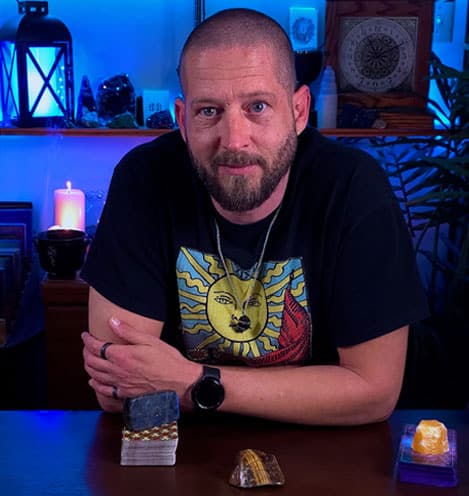
About The Author – Allen Hill
Allen Hill, the force behind Unknown Truth Tarot, has a YouTube following 6-times bigger than the population of his hometown, Miamisburg, Ohio. From his spiritually rich blog on Tarot and crystals to his role as CEO of The Unknown Truth Tarot Metaphysical Shop, Allen’s passion for the metaphysical shines through.
A master Tarot reader and “crystal junkie,” Allen is also a devoted dad to Dylan, 10, and Destiny, 24. When he’s not immersed in the world of Tarot and crystals, he enjoys poker and video gaming sessions, often humorously outplayed by Dylan.
Follow Allen on Twitter, Instagram, Facebook, TikTok, and subscribe to his Unknown Truth Tarot YouTube channel to join him on a journey of spiritual growth and self-discovery.

